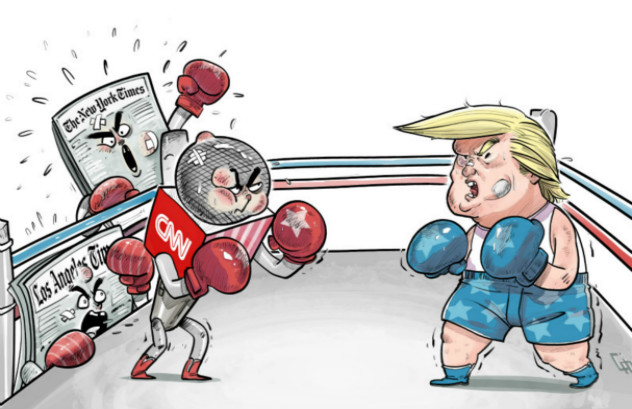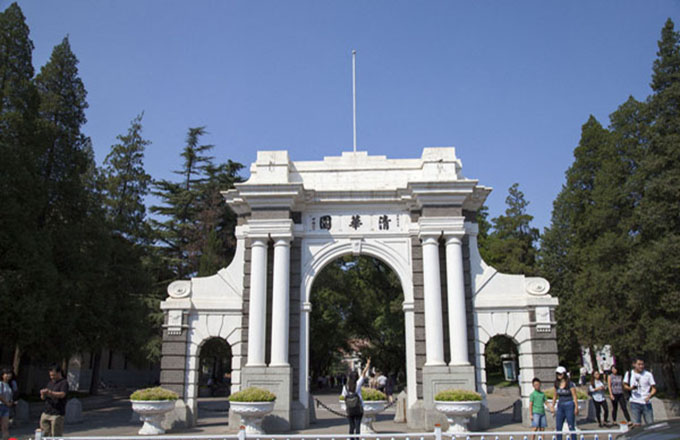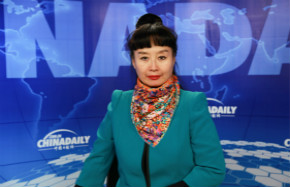Syria caught in a war of attrition
More importantly, on March 19, the NCSROF elected an interim prime minister, Ghassan Hitto, with whom Khatib is reported to have serious differences. Khatib is known to be a soft-liner who supports a political resolution to the Syrian crisis, while Hitto is opposed to any negotiations with the government. Besides, the Free Syrian Army has also announced that it does not recognize Hitto as interim prime minister.
Apparently, Khatib's resignation means the door between the opposition and the government to resolve the crisis through negotiations is closed and has thrown the divided opposition into chaos, highlighting the contradictions and serious differences within the opposition on leadership and resolution to the crisis.
The Syrian opposition has indeed made some progress in fighting the government, but its ability does not match its ambition, for it has failed to get substantial foreign support, especially because the US has not followed up its tough talk with action. As of now, the US provides the Syrian opposition with only non-lethal material support, such as communications equipment. The assistance provided by Turkey, Saudi Arabia, Qatar and other countries are not substantial either, leaving the opposition disappointed.
In fact, Khatib's real aim behind the resignation was to pressure the West into providing more substantial support for the opposition. After the Syrian opposition was given Damascus's seat in the Arab League, Khatib even demanded that the Syrian opposition be granted the Assad government's seat in the United Nations.
But Vitaly Churkin, the Russian ambassador to the UN, objected to any such move, saying the world body was an intergovernmental organization and "you do not simply seat opposition groups who have gone through no proper process of legitimization".
Although the Syrian opposition formally took Damascus's seat in the Arab League, it still does not pose a fatal threat to the Assad government.
The Syrian opposition has grown because of strong foreign support, but it is still not strong enough to overthrow the government. And the government, on its part, cannot defeat the opposition forces in the short term. So the two sides will continue to be engaged in a "war of attrition", shedding more blood and causing more destruction to a country which is home to one of the oldest civilizations on Earth.
The author is a researcher at the Institute of West Asian and African Studies, affiliated to the Chinese Academy of Social Sciences.
(China Daily 04/16/2013 page9)



















